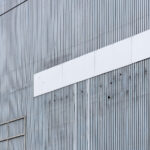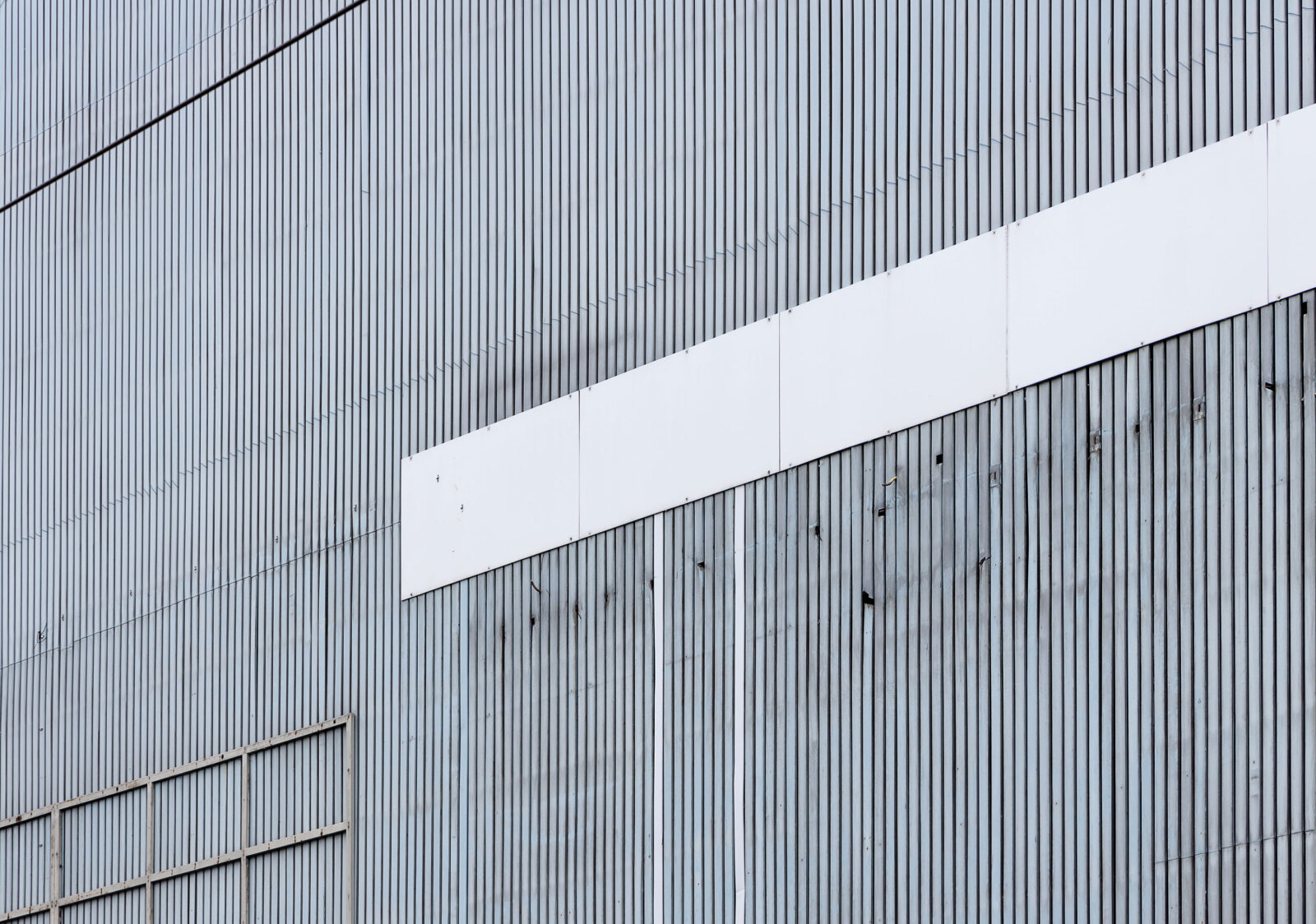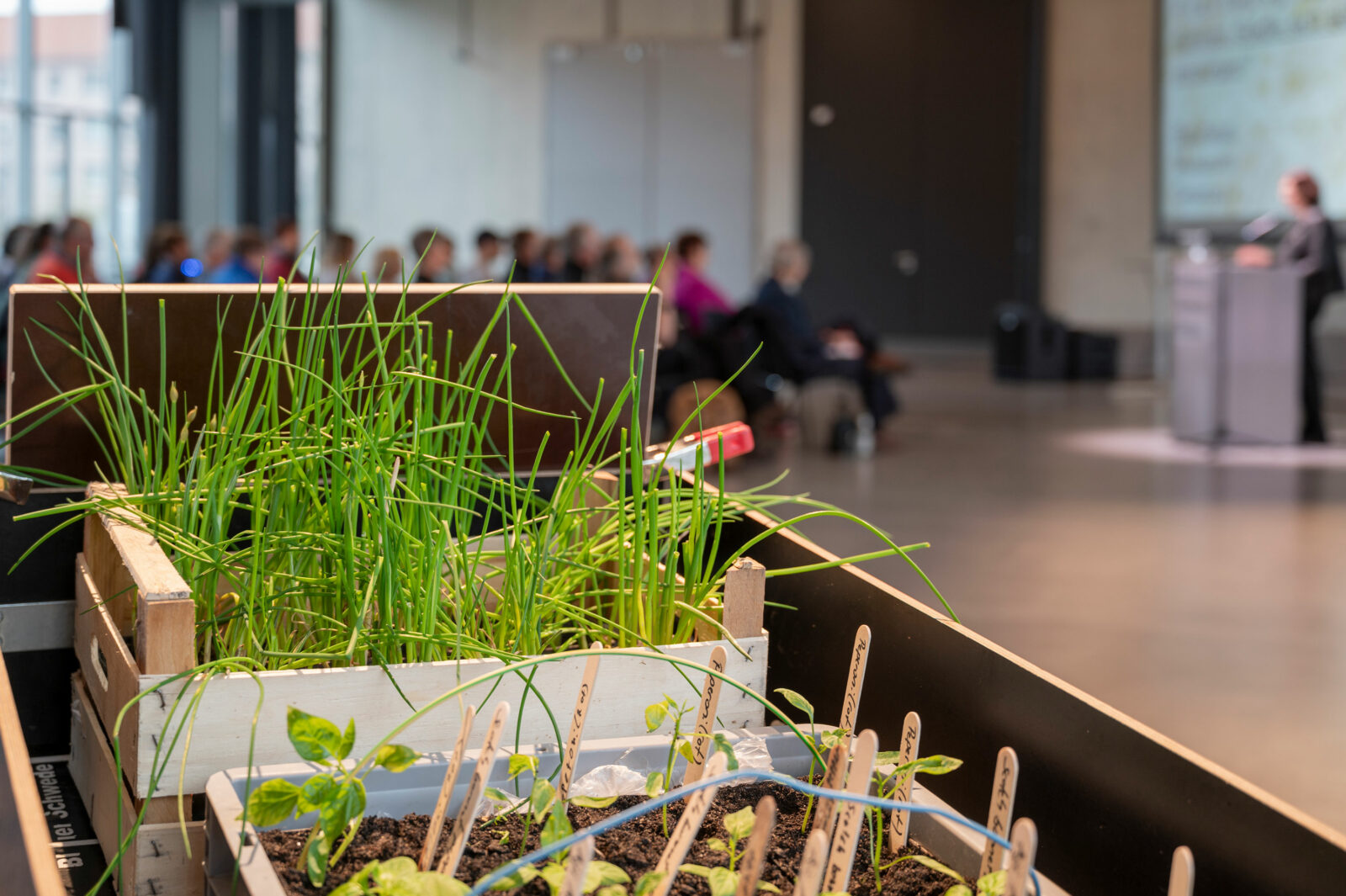6 pm
Welcome
6:10 pm
Local example – The former Zeeck department store in Dessau
Barbara Steiner, Director of the Bauhaus Dessau Foundation, on the exhibition Algae | Debris | CO2 in the former department store building.
A film clip embeds this project in the activities of the Dinh family, who own the building.
6:40 pm
Lecture on contemporary issues
Stefan Rettich about the department store as a typology and subject of debates on vacancy and conversion.
7:00 pm
Impulse 1
Karin Berkemann „Gebrochene Verheißung – von leeren Kirchen und Kaufhäusern in der Innenstadt“
7:15 pm
Interactive format
Mind mapping “Vacancy in Dessau”
Parallel food and drinks
7:40 pm
Impulse 2 – KONSUM department store
Dorothea Götze about her creative ideas for the temporary use of the Konsument department store in Dessau.
7:55 pm
Report from practice
Thomas Knerer, architect, about the conversion of the Schocken department store in Chemnitz.
8:10 pm
Discussion/conversation: Will our city centres become desolate if we give up consumption?
With Thomas Knerer, architect, Knerer und Lang Architekten GmbH, Karin Berkemann, theologian and art historian, HS Anhalt, Lisa Frien-Kossolobow, UBA, Department of Sustainable Consumption.
Moderation: Juliane Aleithe, Bauhaus Dessau Foundation


